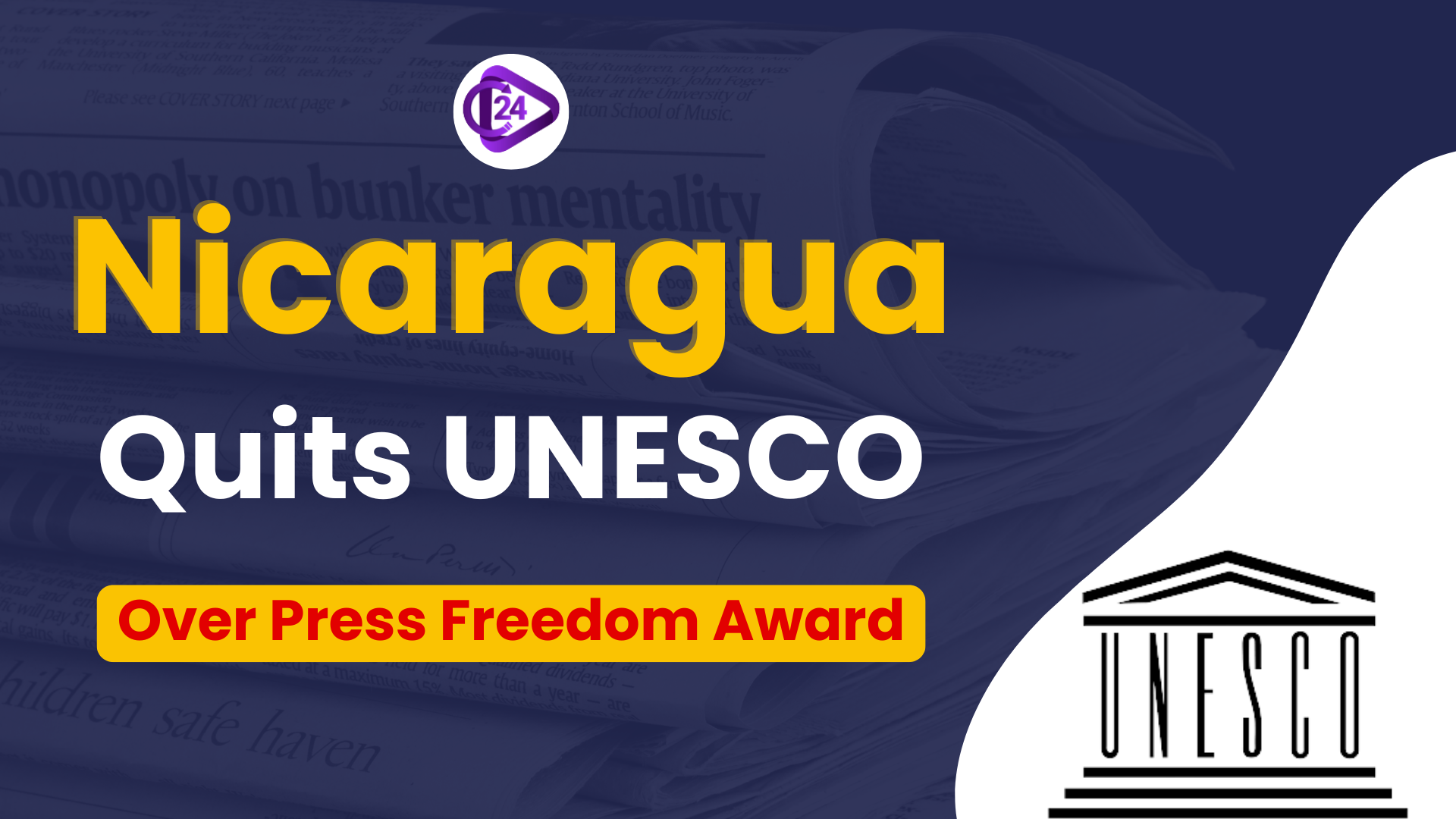
Nicaragua decided to pull out of UNESCO in response to the group’s decision to give the UNESCO/Guillermo Cano World Press Freedom Prize to its newspaper La Prensa. The government of Nicaragua was against this step because it saw it as interference in its own matters. In 1997, the prize known as the Guillermo Cano World Press Freedom Award was created to applaud international contributions to freedom of the press. Many member states have voiced more criticism of UNESCO which promotes peace by supporting education, science, culture and communication. The decision makes it clear that there are rising tensions between countries and international organizations regarding press freedom and ownership of land.
Context
-
Nicaragua opted out of UNESCO after the international organization gave its press freedom prize to La Prensa newspaper for challenging the government.
-
This incident shows there are disagreements about media freedom and global countries’ involvement in a nation’s affairs.
Details:
-
UNESCO/Guillermo Cano World Press Freedom Prize:
-
Since 1997, it has been the UN’s only journalism award.
-
It is celebrated every May 3 as World Press Freedom Day.
-
It is named after the Colombian journalist Guillermo Cano.
-
Offers awards to those who stand up for press freedom.
-
The award was presented to Myanmar’s Kyaw Soe Oo and Wa Lone (2019) and to Belarus’ group of independent journalists (2022).
-
About UNESCO:
-
The organization was founded in Paris in 1945.
-
Works to ensure peace and equality across the globe with the help of education, science, culture and communication.
-
Institutes worldwide standards and helps bring countries together.
About Nicaragua:
-
The biggest country in Central America, it is bordered by Honduras, Costa Rica, Pacific Ocean and Caribbean Sea.
-
Spain and Britain ruled over the country; it became completely independent in 1838.
-
Much of the population is made up of people who have mixed Indigenous and European heritage.
Conclusion:
Nicaragua did this because supporting free press on a global scale often conflicts with its own sovereignty. Because some nations are resisting outside influence, it leads us to ask what the future may hold for organizations like UNESCO in safeguarding democracy.
UPSC Prelims Practice Question
Q. Consider the following statements regarding the UNESCO/Guillermo Cano World Press Freedom Prize:
-
It is awarded annually by UNESCO to recognize outstanding contributions to the defence or promotion of press freedom.
-
The award is named after a Colombian journalist who was assassinated for his critical reporting.
-
The prize has never been awarded to journalists from Southeast Asia.
-
It is conferred every year on World Press Freedom Day, May 3.
Which of the statements given above are correct?
A) 1, 2 and 4 only
B) 2 and 3 only
C) 1 and 3 only
D) 1, 2, 3 and 4
UPSC Mains Practice Question (GS Paper 2)
Q. The withdrawal of Nicaragua from UNESCO following the award of the Guillermo Cano World Press Freedom Prize to its local newspaper reflects a growing trend of friction between sovereign states and global institutions. Discuss the implications of such withdrawals on global governance and international norms related to freedom of expression. (Answer in 250 words)



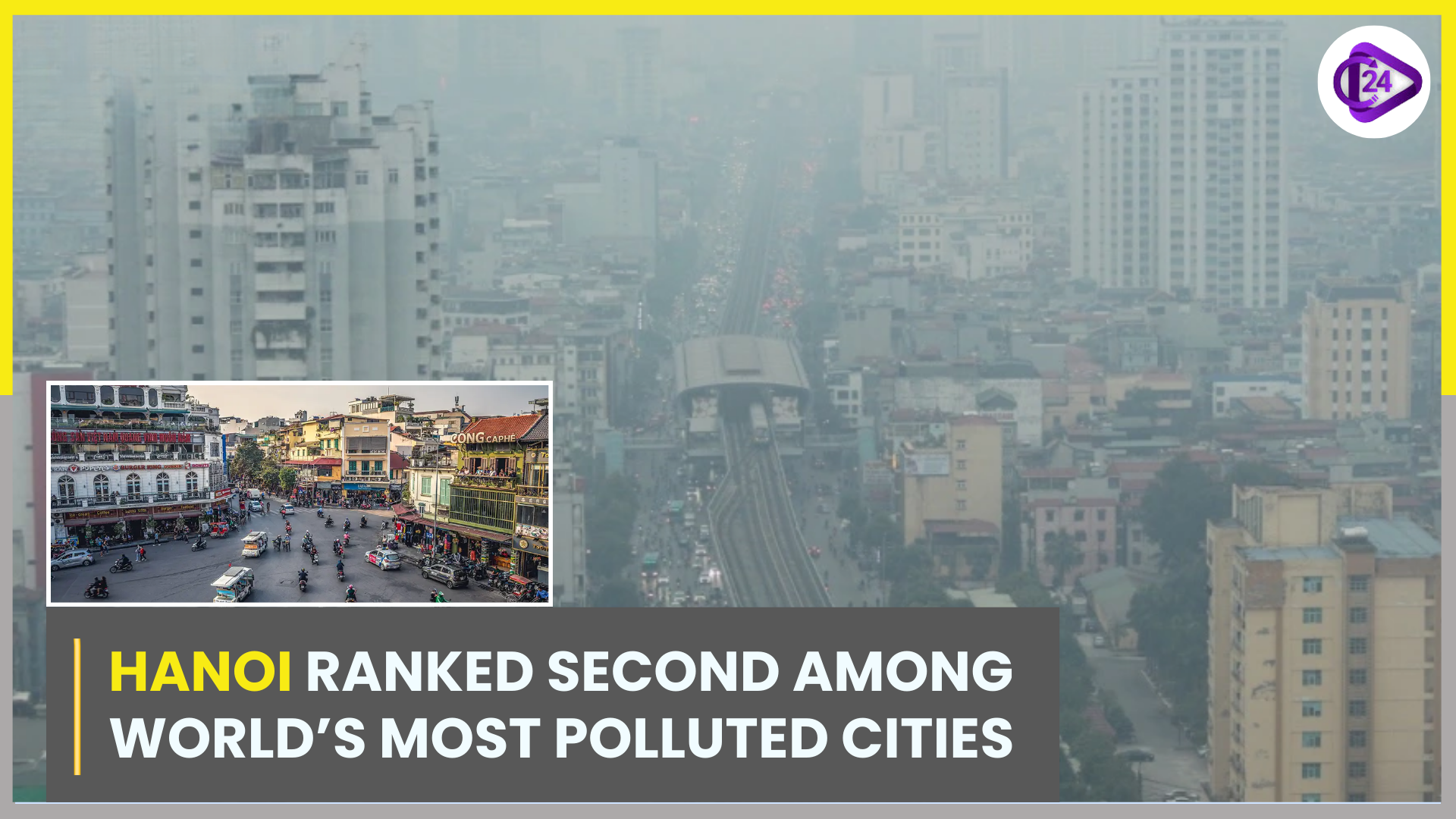 Hanoi Trails Only Delhi on the List of the World’s Most Polluted Cities
Hanoi Trails Only Delhi on the List of the World’s Most Polluted Cities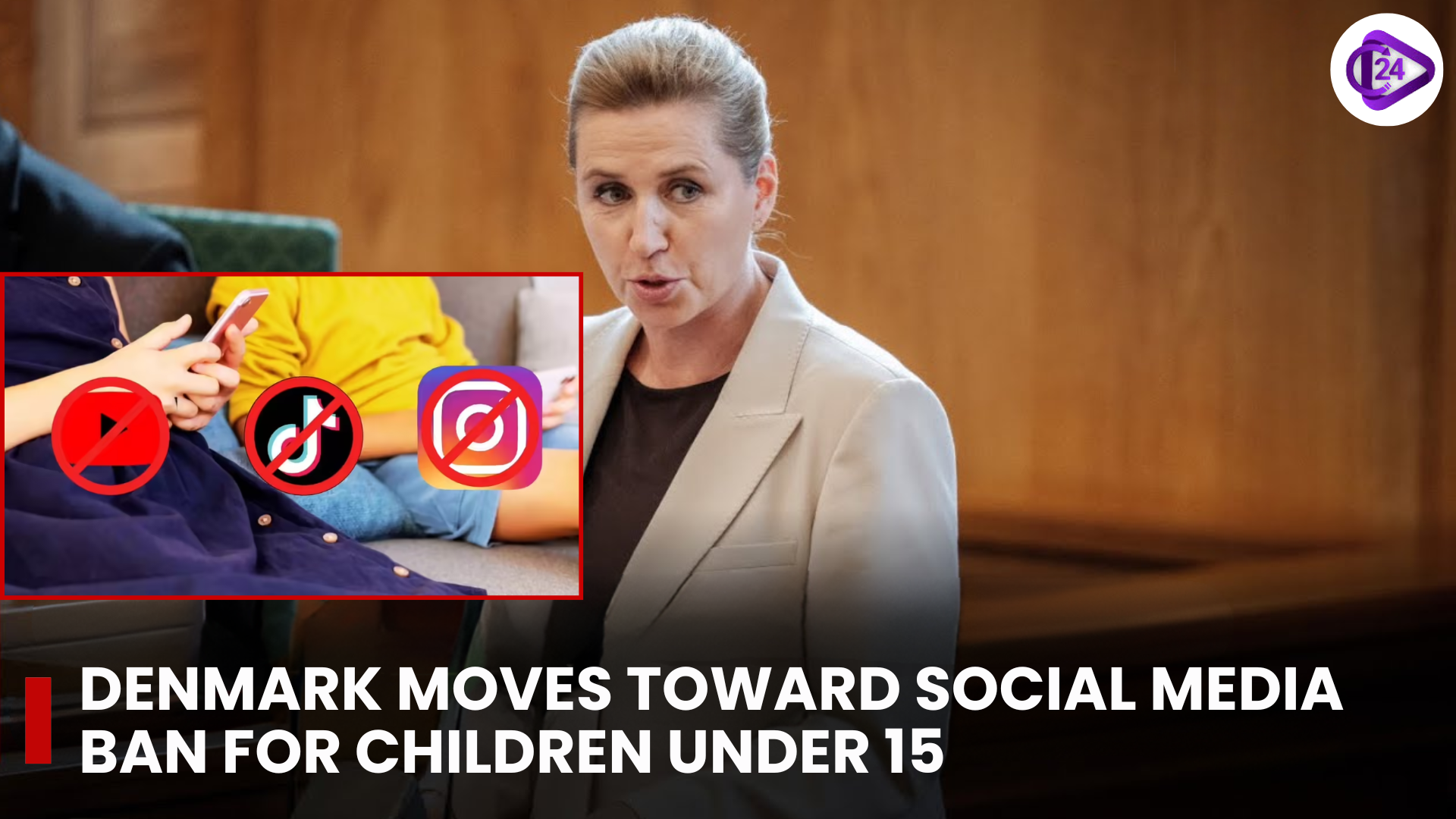 Denmark Moves Toward Social Media Ban for Children Under 15
Denmark Moves Toward Social Media Ban for Children Under 15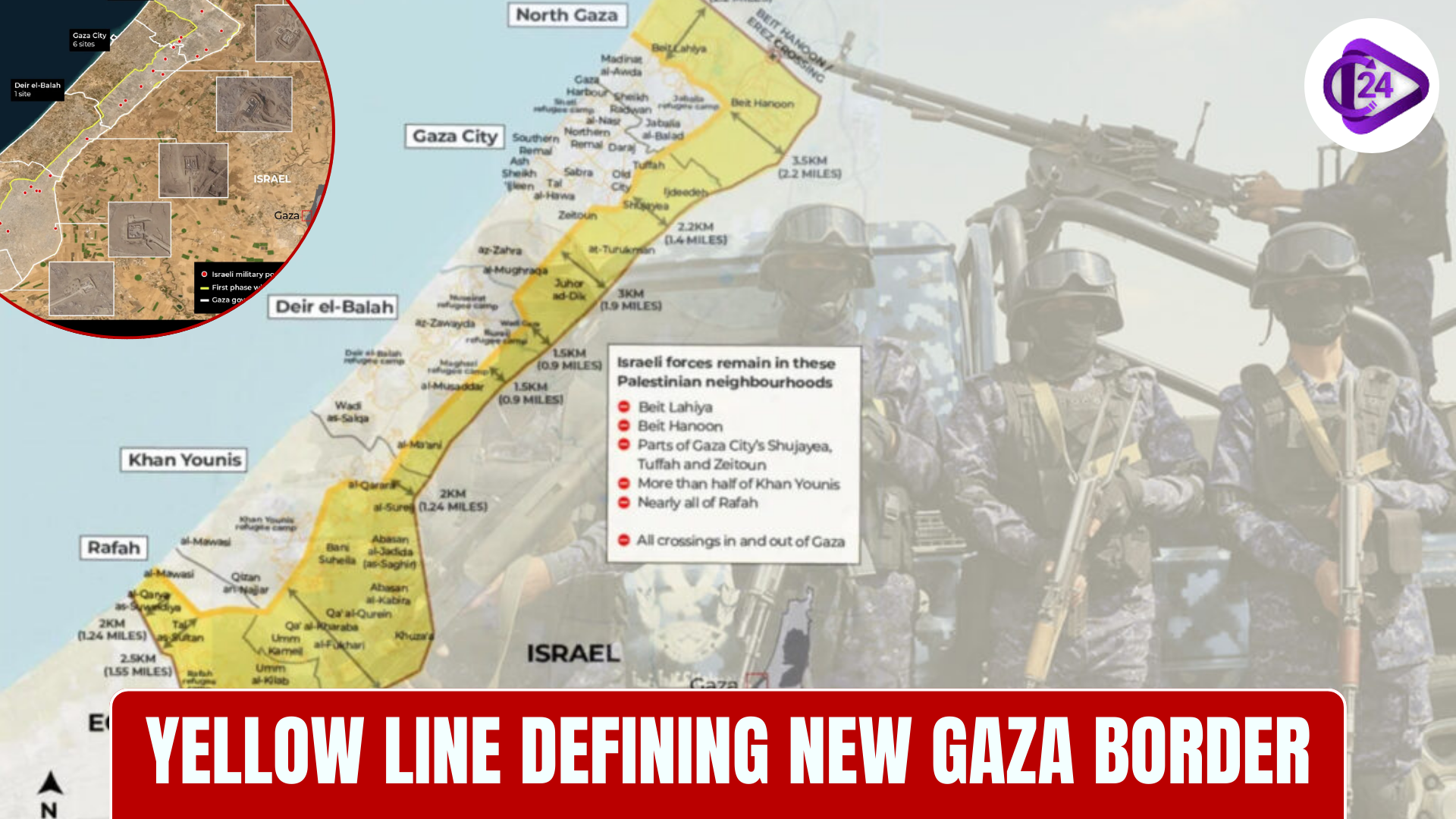 Israel Marks ‘Yellow Line’ as Fresh Boundary in Gaza Amid Ceasefire
Israel Marks ‘Yellow Line’ as Fresh Boundary in Gaza Amid Ceasefire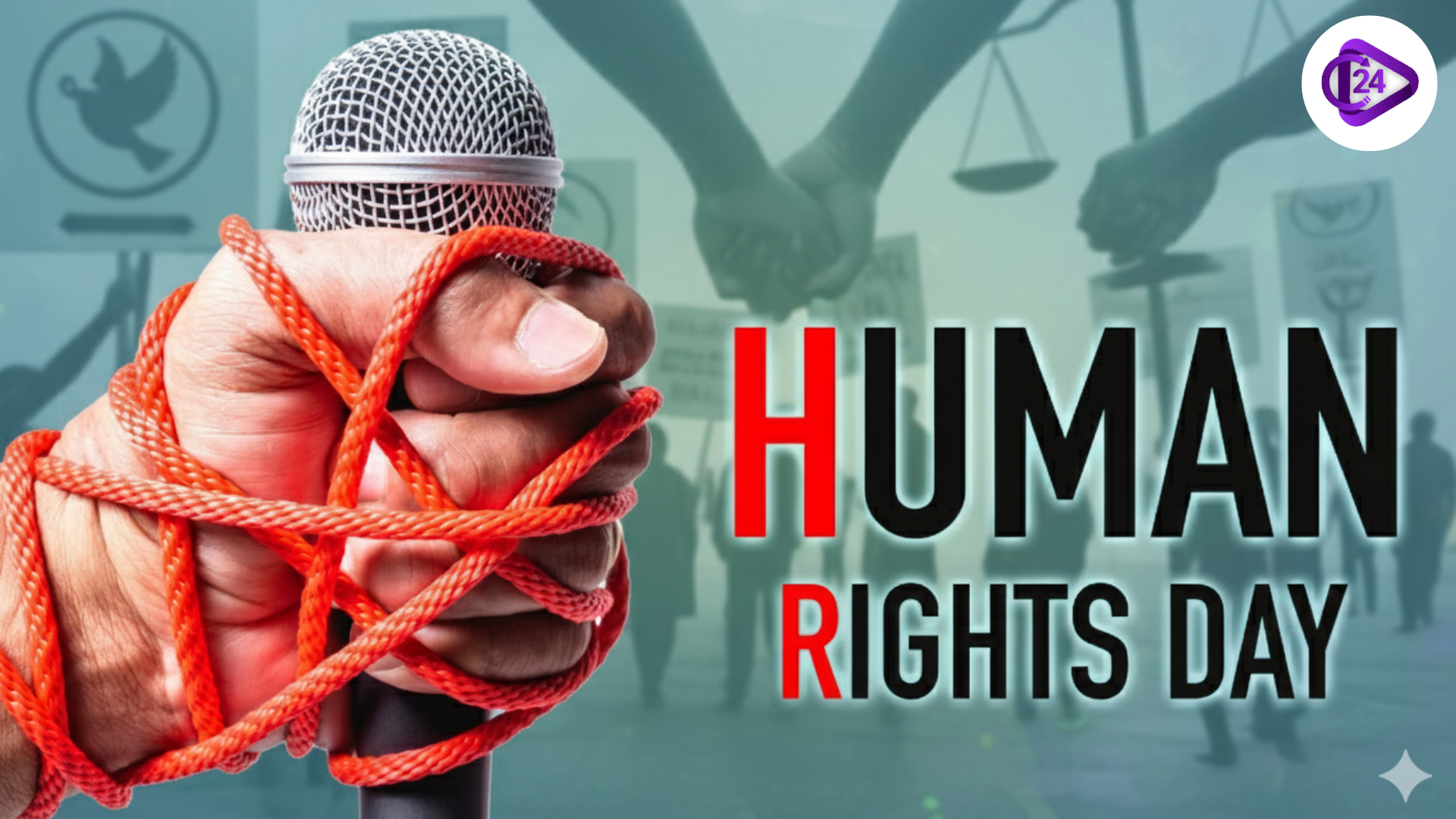 Human Rights Day 2025, Theme, History, UDHR, Constitutional Provisions
Human Rights Day 2025, Theme, History, UDHR, Constitutional Provisions Neal Mohan Named TIME’s 2025 CEO of the Year
Neal Mohan Named TIME’s 2025 CEO of the Year Donald Trump Receives First FIFA Peace Prize
Donald Trump Receives First FIFA Peace Prize International Civil Aviation Day 2025 – Everything About the History, Theme and Its Importance
International Civil Aviation Day 2025 – Everything About the History, Theme and Its Importance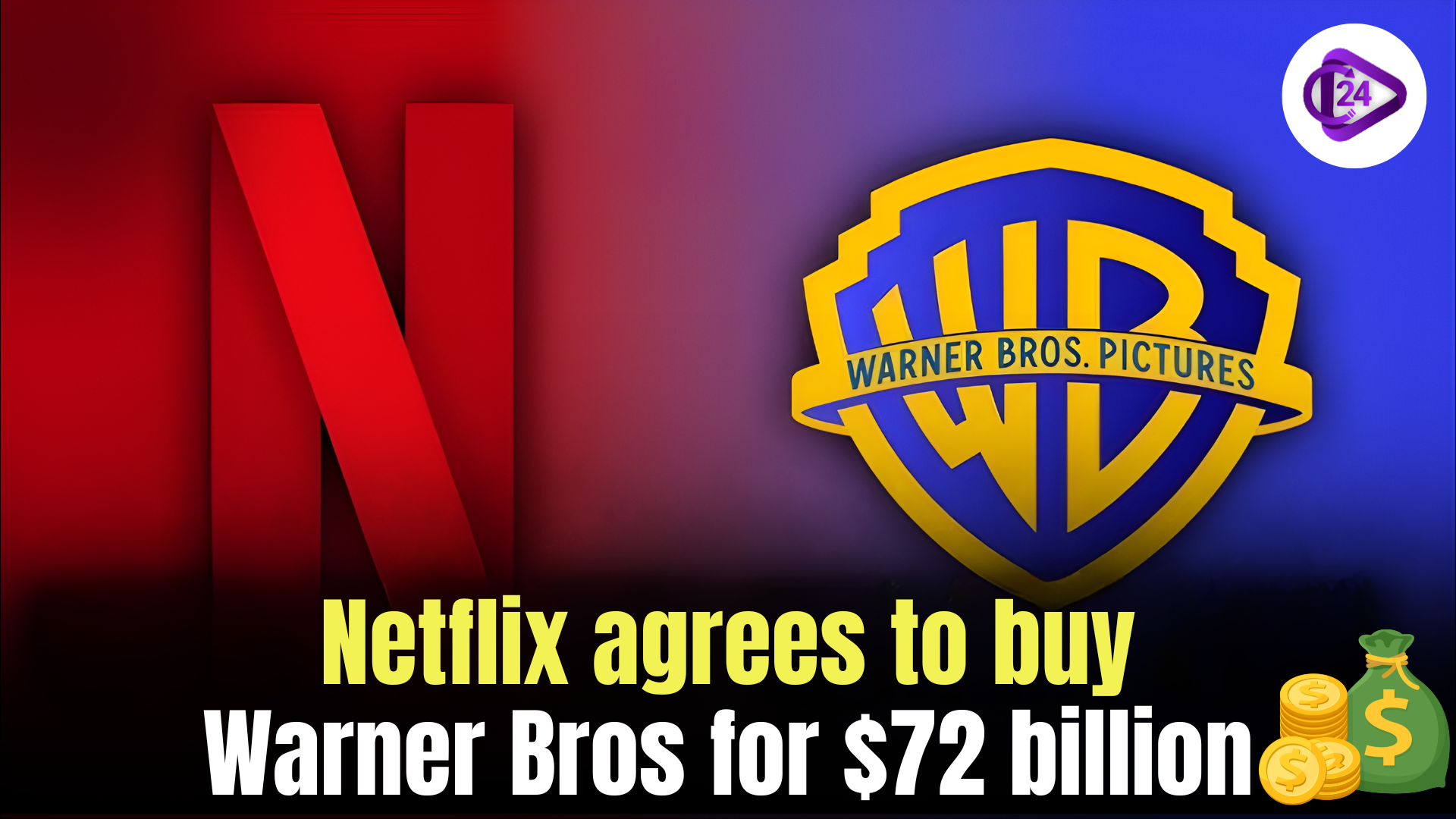 Netflix to buy Warner Bros Discovery's Studios, Streaming Unit for $72 Billion
Netflix to buy Warner Bros Discovery's Studios, Streaming Unit for $72 Billion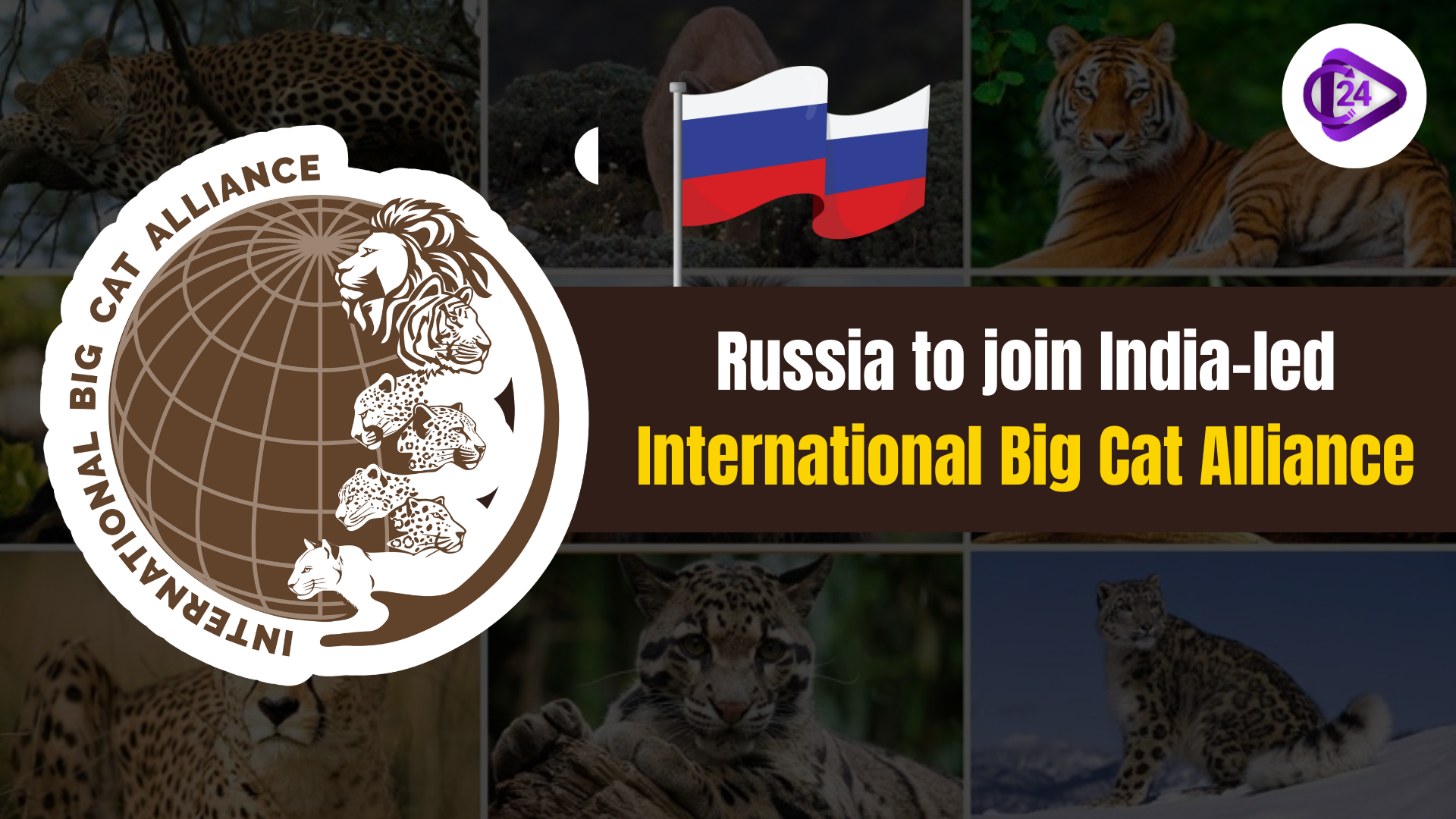 Russia to Join India-led International Big Cat Alliance
Russia to Join India-led International Big Cat Alliance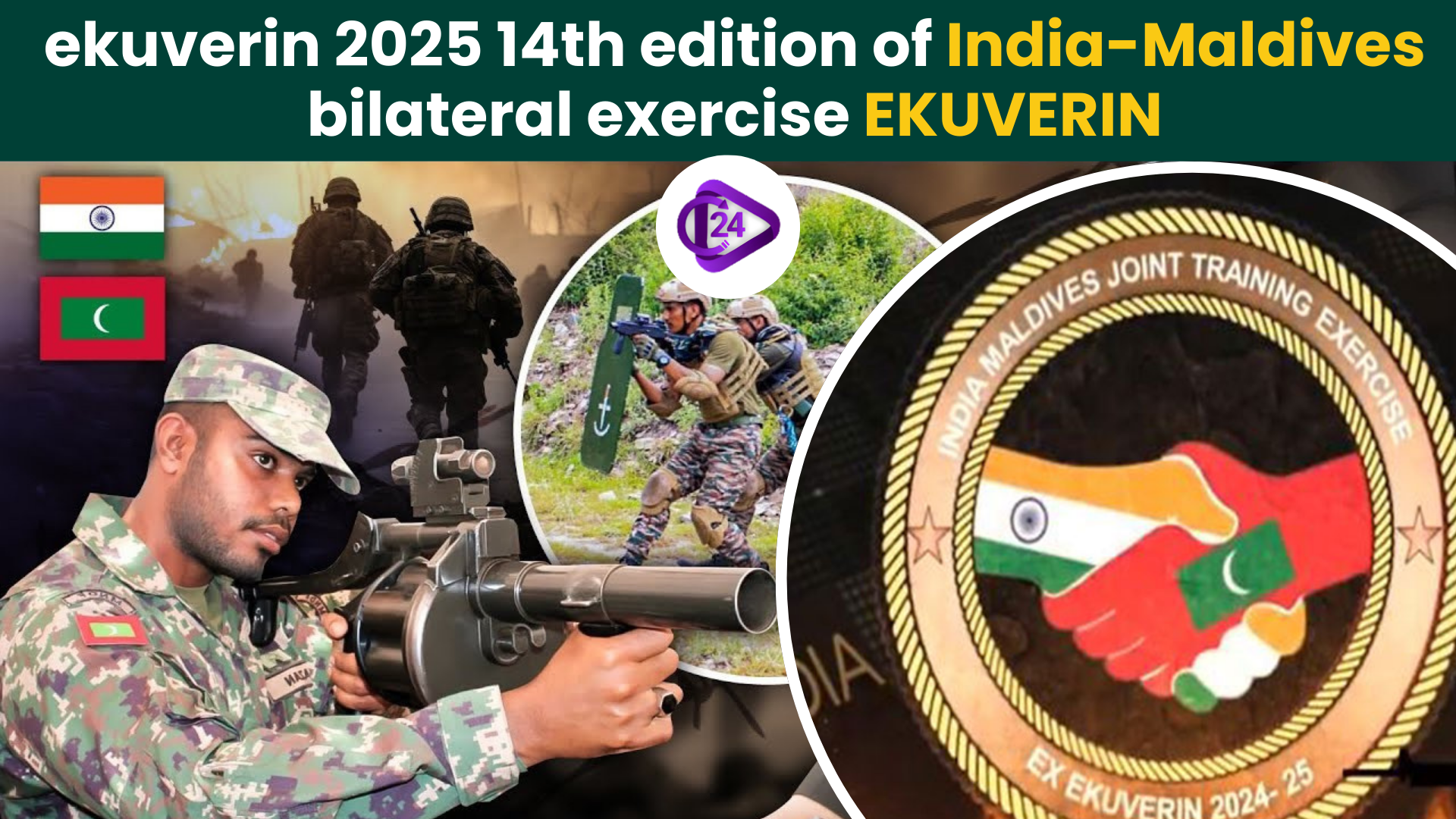 India, Maldives Begin 14th Edition of Exercise Ekuverin 2025
India, Maldives Begin 14th Edition of Exercise Ekuverin 2025






